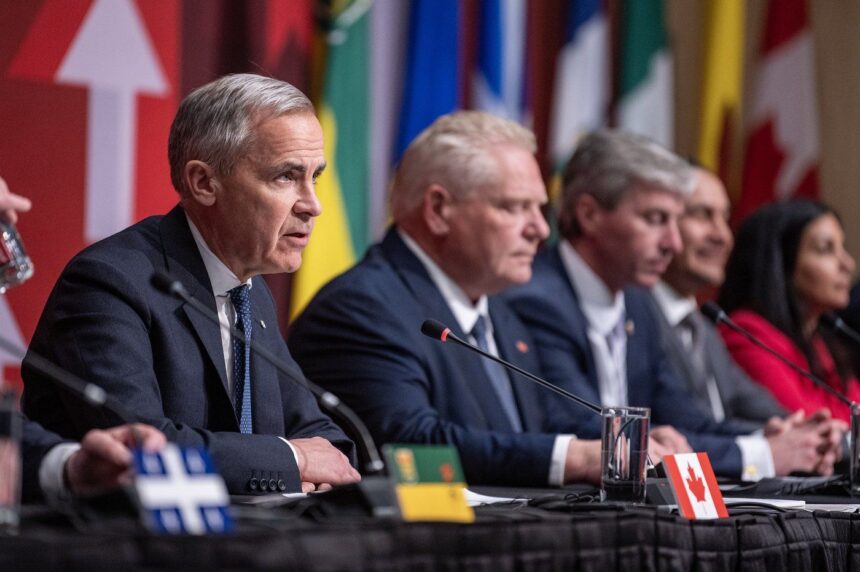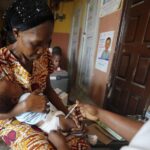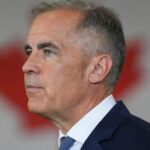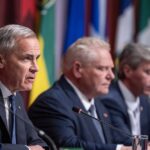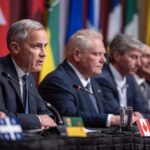In an unprecedented move toward reconciliation, Canada’s provincial and territorial leaders convened today with Indigenous organizations at Lake Rosseau in Ontario’s picturesque Muskoka region, marking the first day of a pivotal three-day summit. The gathering represents a significant shift in approach as premiers dedicate an entire day to Indigenous concerns before addressing their standard Council of the Federation agenda.
Ontario Premier Andrea Horwath, hosting her first Council of the Federation meeting since taking office, emphasized the importance of starting with Indigenous voices. “We cannot meaningfully discuss Canada’s future without first acknowledging and addressing our relationship with First Nations, Inuit, and Métis peoples,” Horwath stated during her opening remarks.
The day-long session included representatives from five national Indigenous organizations: the Assembly of First Nations, Inuit Tapiriit Kanatami, Métis National Council, Congress of Aboriginal Peoples, and Native Women’s Association of Canada. These organizations brought forward specific priorities including housing infrastructure, clean drinking water access, and the implementation of the United Nations Declaration on the Rights of Indigenous Peoples.
AFN National Chief Cindy Woodhouse Nepinak called the dedicated session “a step in the right direction,” while cautioning that “true reconciliation requires more than meetings—it demands concrete action and substantial investment in Indigenous communities.”
The meeting occurs against a backdrop of growing tensions over resource development projects on traditional territories and ongoing challenges in implementing the Truth and Reconciliation Commission’s 94 Calls to Action. According to the Yellowhead Institute’s latest accountability report, only 13 calls to action have been fully implemented since 2015—a pace that many Indigenous leaders find unacceptably slow.
British Columbia Premier David Eby noted the complexity of the discussions. “These aren’t easy conversations, but they’re essential. Each province faces unique challenges in advancing reconciliation while balancing economic development and environmental protection,” he told reporters during the afternoon break.
Federal Indigenous Services Minister Patty Hajdu was noticeably absent from the talks, a point of contention for several Indigenous leaders who expressed frustration at what they perceive as diminishing federal engagement on reconciliation issues. The federal government has maintained that Indigenous-Crown relations fall primarily under provincial jurisdiction for many practical matters.
Economic development featured prominently in discussions, with several premiers highlighting successful partnerships between provincial governments, private sector entities, and Indigenous communities. Saskatchewan Premier Scott Moe pointed to resource revenue-sharing agreements that have generated over $20 million for participating First Nations in his province since 2019.
Looking ahead, the premiers will shift focus to healthcare funding, inflation, and interprovincial trade barriers during the remaining two days of meetings. However, many participants acknowledged that progress on these issues depends on meaningful advancement of reconciliation efforts.
As this crucial dialogue unfolds in Ontario’s cottage country, Canadians across the country are left wondering: Will this dedicated engagement with Indigenous leadership translate into transformative policies and genuine partnership, or will it join a long history of well-intentioned discussions that failed to deliver meaningful change for Indigenous communities?
For more insights on Canadian political developments, visit CO24 Politics and Canada News.

